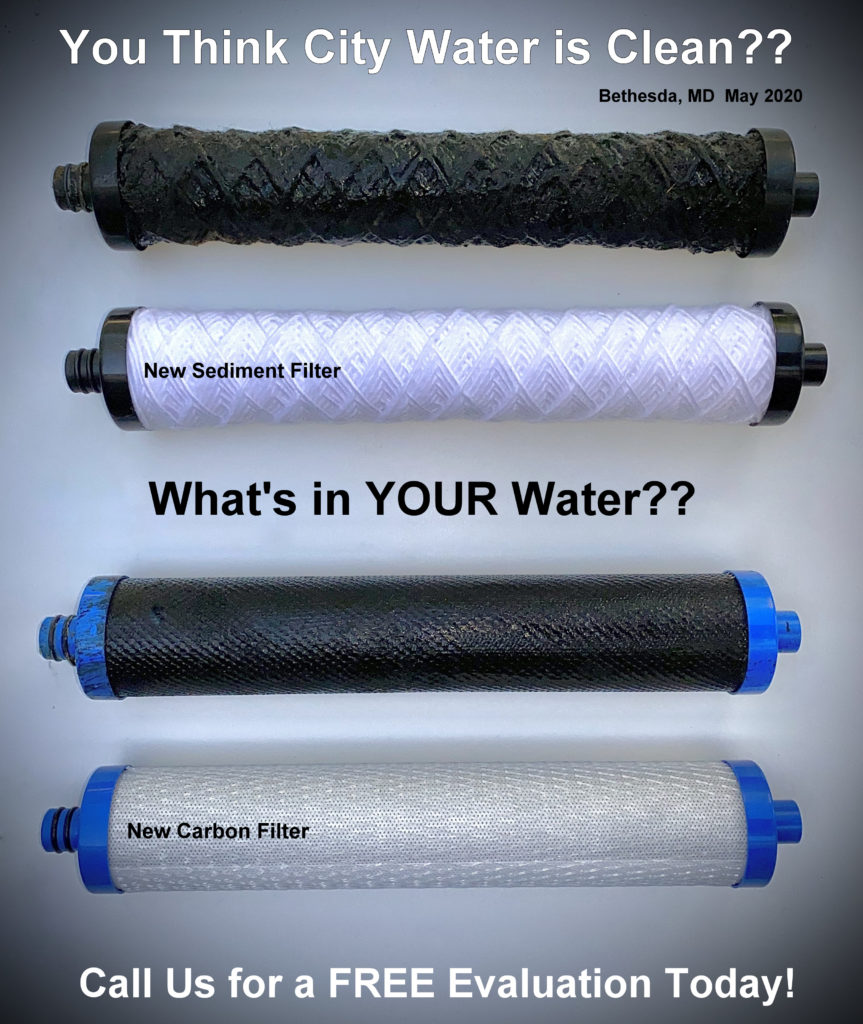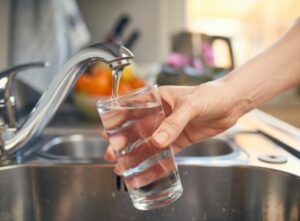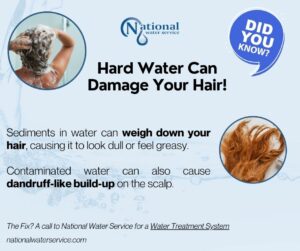Water needs to be safe and clean as it directly impacts our health and well-being. In the past few decades, the quality of water has deteriorated. It has become a rule of thumb to treat the water in your home, no matter the source, to remove impurities before consuming it.
Scientific techniques like water filtering and water softening are some ways to treat water to make it safe and suitable for domestic use. Although both processes involve treating impure water, they are very different from each other. Both water filters and water softeners have special use cases. They are available in various sizes, both for commercial as well as domestic use.
A whole-house water filter or water softener will treat and then supply the water from the main line. The treated water is available from all the access points in the house.
If you are confused between an inline water filter and a water softener for your home, then the following article will help break down the decisions and differences.

 A water filter is equipment that removes contaminants from the water and makes it fit for domestic activities like drinking, cooking, bathing, etc. Contaminants include harmful impurities present inside your local supply of water, like lead and arsenic, along with other harmful chemicals.
A water filter is equipment that removes contaminants from the water and makes it fit for domestic activities like drinking, cooking, bathing, etc. Contaminants include harmful impurities present inside your local supply of water, like lead and arsenic, along with other harmful chemicals.
The inline filter is attached to the main line of the house. It does not need an extra tap, as the filtered water can be accessed directly from the taps connected to the main line.
There are lots of benefits to this type of filter as it is less expensive than other types. It does not involve high installation costs as it does not require any other attachments. The inline filter, however, comes with a shelf life that expires within a year. Therefore, you are required to replace your inline filter every year.
Also, an inline filter has a single filter process, and therefore it is not able to filter out the impurities as effectively as is done using a multiple filter process.

Although hard water is not harmful for consumption, it prevents the action of soap and detergents. So you might end up wasting a lot of it if using hard water. Hard water leaves behind deposits which result in the clogging of pipes.
You might need an in-home water softener to tackle all these problems. The water softener uses positively charged ions to attract the negatively charged calcium and magnesium ions and hence reduces the hardness of the water.
In case you are searching for a water softener in Maryland, then try reaching out to your local dealers, like National Water Service. Ask for the best offers or search for the same over the internet and compare services to make the best decision.

On the other hand, if the quality issue stems from the impurities and foul odor present in the water then you should install an inline water filter in your home. In case you want the filtered water to be available in all access points (all taps) of the house, then you will have to install similar filters at multiple places.
However, water that is free from impurities might be hard in nature, or water treated by the water softener may still have other impurities. This is because both types of equipment perform different functions and you would need both of them to check all the quality issues in the water. A professional water company consult can help you make the right decision.
You should definitely go for an in-home water softener if you want to connect the main supply line to the softener to convert all the hard water in the system into soft water. Make sure to do your research regarding the best water softener available in your area.
There are a lot of water softener installers providing their services in Maryland. Compare their services and prices by contacting them to save on installation costs and also get additional services and maintenance.
National Water Service has been providing residential & small commercial water treatment, plumbing & well pump services for over 45 years. We specialize in water treatment, filtration & purification solutions as well as general plumbing to ensure clean, safe water for our customers in Maryland, DC & Northern Virginia.
Mon - Thurs
7:00am - 5:00pm
Friday
7:00am - 4:00pm
Sat - Sun
Emergency Service Available
National Water Servicing Corporation — 2025 All Right Reserved ™